Rwanda’s 2024 Journey in Environmental Conservation and Climate Action: Key Events and Collaborations
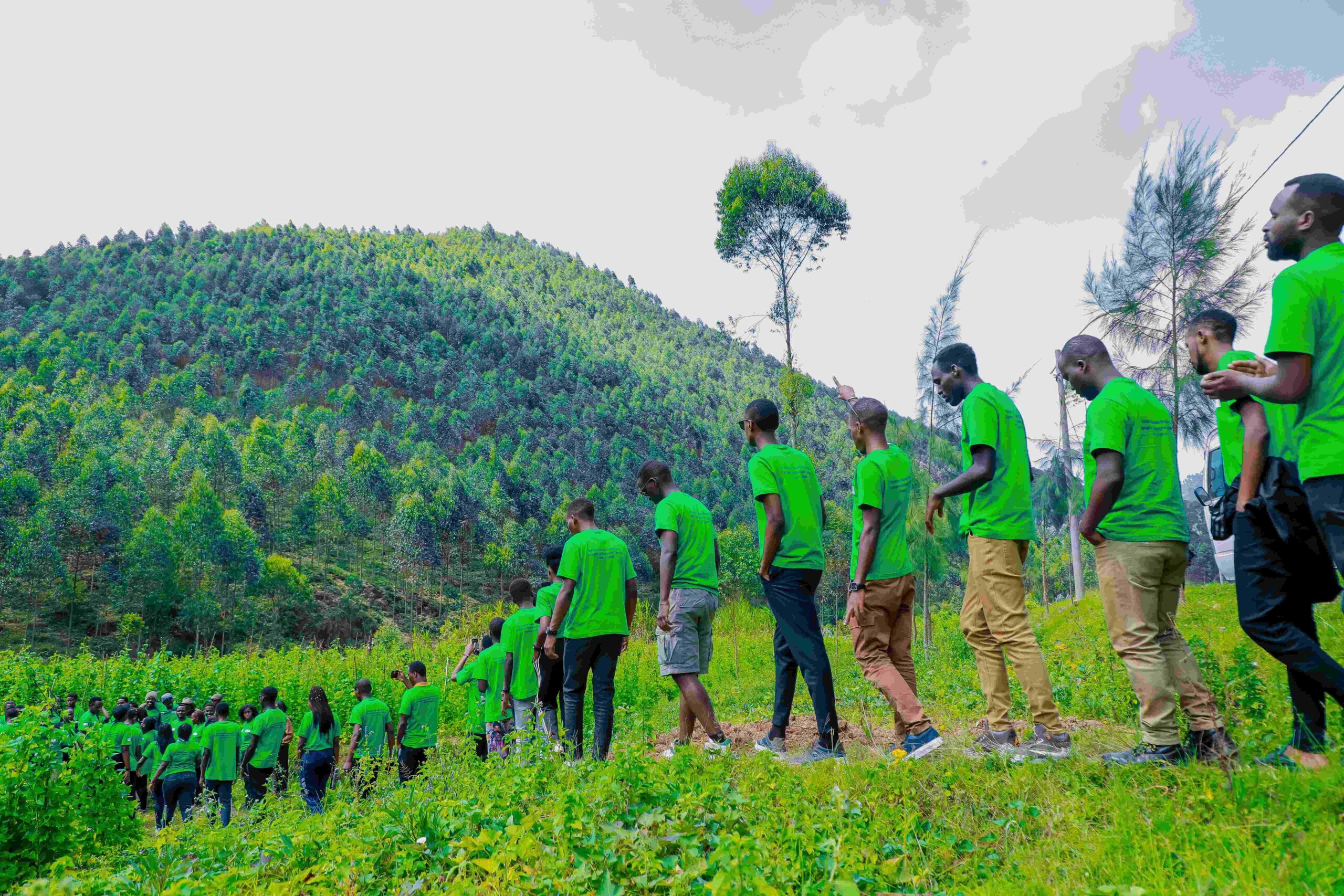
Rwanda continues to position itself as a global leader in climate action and environmental sustainability in 2024. From hosting international climate discussions to spearheading local conservation initiatives, the country is actively addressing the pressing environmental challenges of our time.
Here’s a look at the major environmental and climate change events, collaborations, and projects that shaped Rwanda’s year.
Key National Environmental Milestones
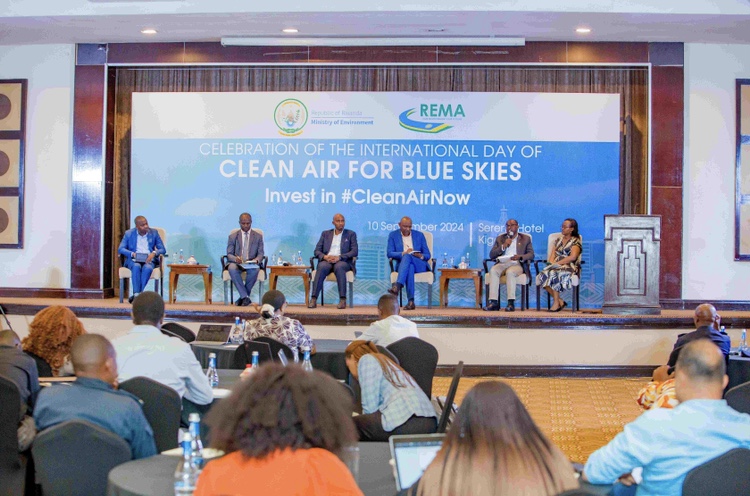
1. International Day of Clean Air for Blue Skies: Rwanda joined the global community on September 10, 2024, to combat rising air pollution and advocate for cleaner air.
2. The Third Edition of the Kigali Climate Talks held on December 13, 2024, was also co-hosted by the German Embassy in Kigali and the Government of Rwanda. This session focused on the outcomes of COP29, emphasizing the climate-biodiversity nexus for resilient ecosystems, and included a youth dialogue on climate action. 
3. UN General Assembly Advocacy: At the 79th United Nations General Assembly in October, Rwanda pushed for global action on plastic pollution and enhanced climate policies.
4. Tree Planting for Sustainability: During the 2024-2025 tree planting season, Rwanda committed to planting over 65 million seedlings, demonstrating its dedication to restoring ecosystems.
5. Short-Lived Climate Pollutants Plan: The government initiated a national strategy to address pollutants like methane and black carbon, further reducing its carbon footprint.
6. Youth-Driven Environmental Restoration: On May 27, the “Environment Restoration at 30” expedition showcased three decades of Rwanda’s efforts in forest restoration, particularly in Gishwati-Mukura.
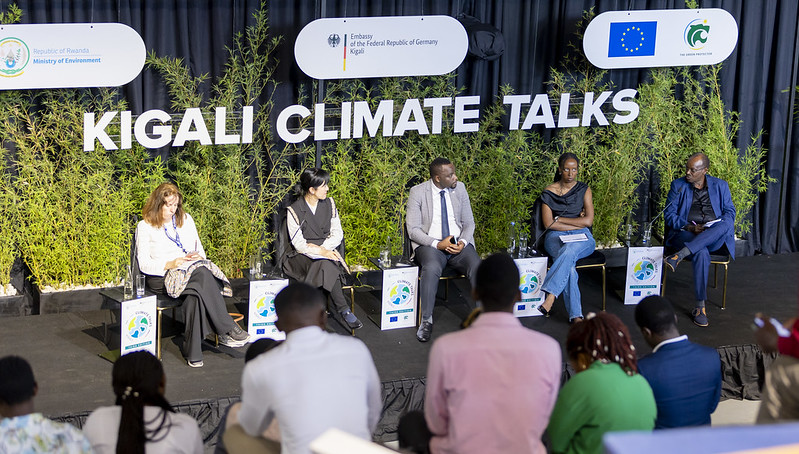
UNESCO’s Role in Rwanda’s Environmental Agenda
Rwanda’s collaboration with UNESCO has been pivotal in integrating education and sustainable development practices into its climate strategies.
1. Education for Sustainable Development: UNESCO supported programs emphasizing hands-on climate change education, empowering communities with sustainable practices.
2. Heritage Resilience Amid Climate Change: Rwandan professionals participated in international workshops addressing the impacts of climate change on African heritage sites.
3. Global Education Monitoring Petition: Rwandan youth joined UNESCO’s global petition, advocating for governments to prioritize climate education.
4. Nyungwe National Park: Inscribed on the UNESCO World Heritage List in 2023, remained a hub of conservation in 2024. Key events included the Nyungwe Marathon in March, fostering health and environmental awareness, and community conservation meetings in September. Additionally, the RDB allocated over 1.18 billion Rwandan Francs to sustainable projects around the park, highlighting its role in environmental preservation and community empowerment.
5. Biosphere Reserves Day: Celebrated on November 3, Rwanda highlighted the global importance of reserves like Gishwati-Mukura in balancing conservation with community livelihoods.
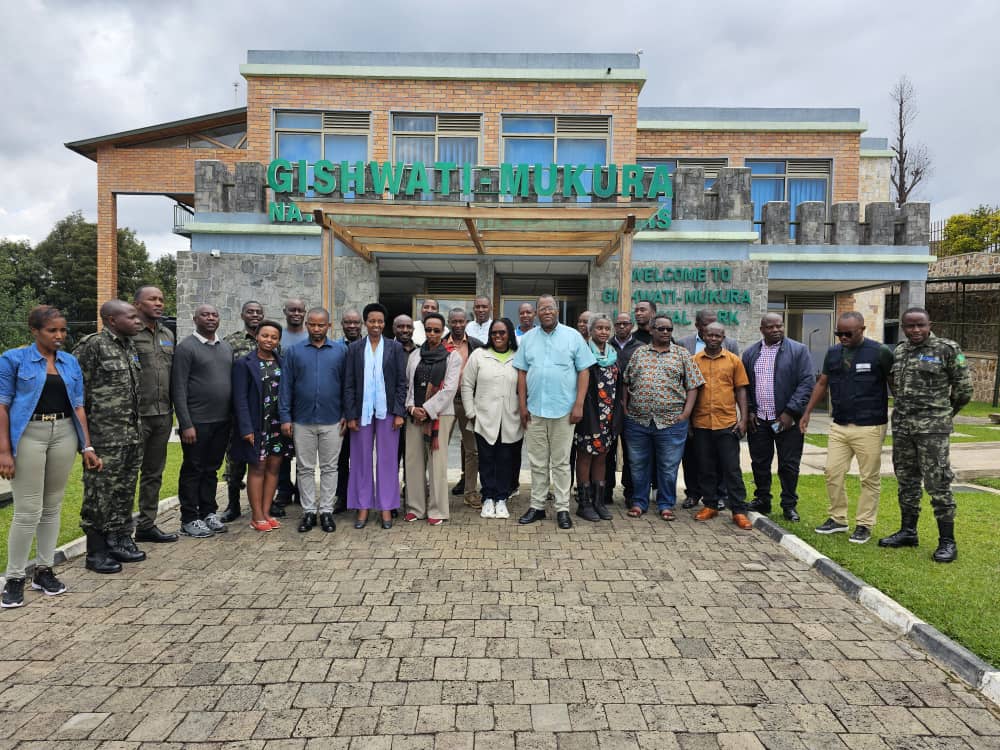
Biosphere Reserves and Conservation Projects
Rwanda’s biosphere reserves, particularly Gishwati-Mukura, saw continued progress in 2024.
1. Gishwati-Mukura Restoration: Conservation efforts in the Gishwati-Mukura landscape continued in 2024, building on the foundation laid by the successful LAFREC project. These efforts aim to maintain the biodiversity and ecological health of the area, focusing on sustainable land management and community involvement.
2. Tusk Conservation Symposium: Held in March, this symposium explored strategies for conserving Rwanda’s unique ecosystems and biosphere reserves.
3. Global Environment Facility (GEF) Funding: GEF projects supported the management and restoration of Biosphere Reserves, showcasing Rwanda’s effective use of international partnerships.
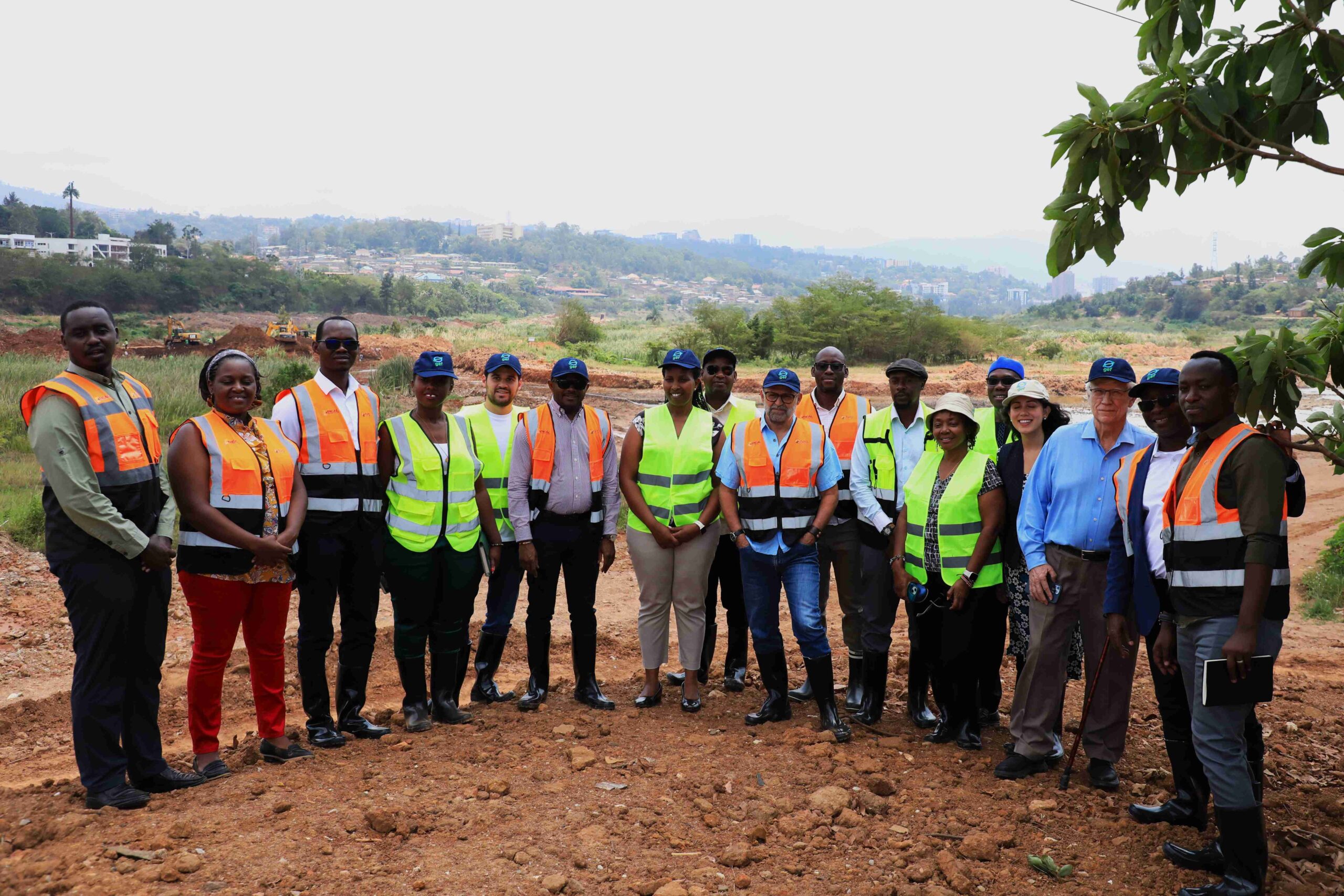
4. Strengthening Management Capacities: UNESCO’s programs enhanced regional expertise in managing Biosphere Reserves sustainably, directly benefitting Rwanda.
Looking Ahead: Climate Action Beyond 2024
Rwanda’s proactive approach to climate action extends beyond national borders. Collaborations with Germany, Sweden, UNESCO, and global organizations like the Global Environment Facility reflect the country’s commitment to global environmental goals.
Rwanda’s ongoing initiatives in youth engagement, sustainable agriculture, biodiversity conservation, and public awareness campaigns are shaping a greener future while addressing pressing climate challenges.

From international collaborations to local conservation efforts, 2024 was a landmark year for Rwanda’s environmental and climate action journey. As a trailblazer in green policies, Rwanda not only sets an example for Africa but also contributes significantly to global climate and sustainability goals.
Through its actions, Rwanda demonstrates that a small nation can lead in addressing global environmental challenges—one policy, project, and partnership at a time.
Related Articles
Made in Rwanda Goes Circular: From Innovation to Scale
Last Friday, the Rwanda Chapter of the African Circular Economy Network (ACEN)...
The SFERE Clean Cooking Awareness Campaign: Advancing Solutions Through Community Engagement
Progress in clean cooking is happening one step at a time through...
Strengthening Rwanda’s SMEs for Circular Food Systems: Embedding Circularity Beyond Project Implementation for Long-Term Transformation
As Rwanda advances its circular economy ambitions, small and medium-sized enterprises (SMEs)...
Powering Food, Restoring Land: How Renewable Energy and Regenerative Agriculture Are Transforming Rwanda’s Farms
Across Rwanda’s rolling hills, a quiet revolution is underway. It begins in...






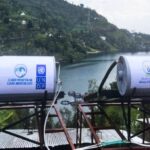


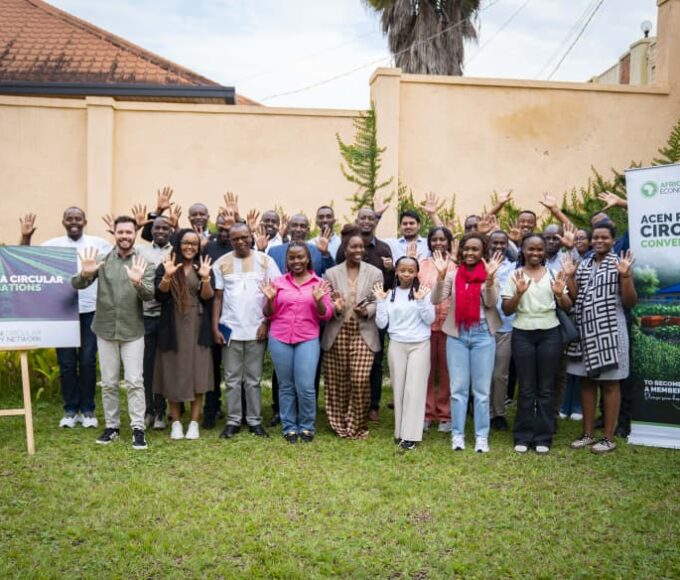
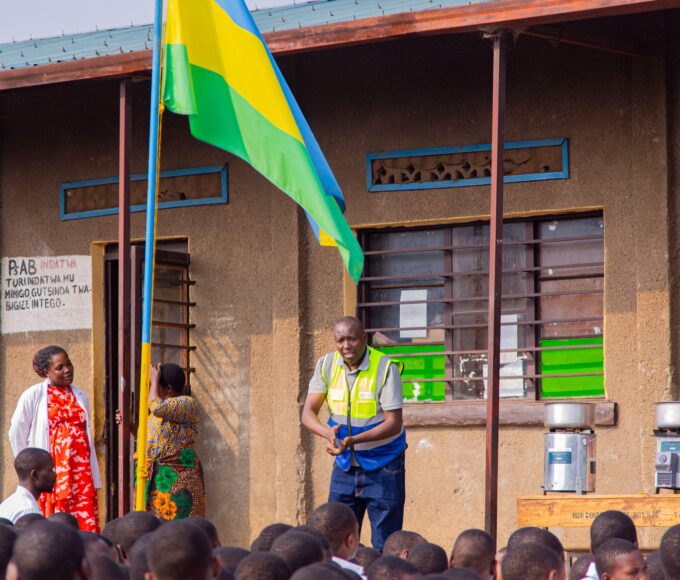
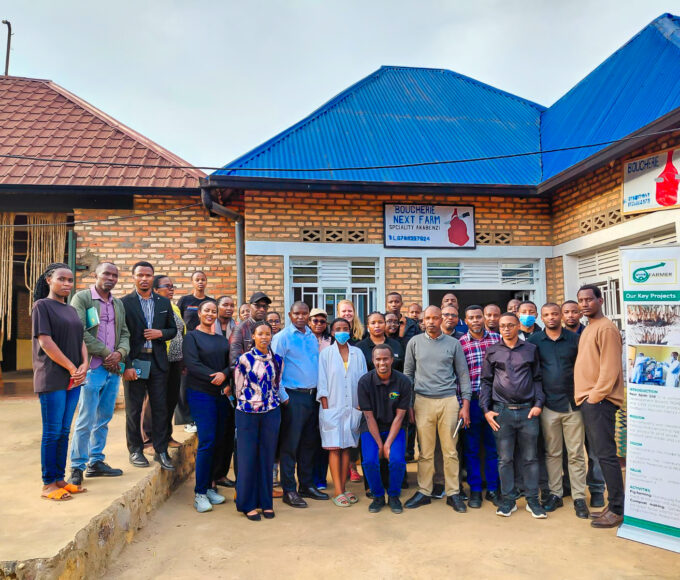

Leave a comment